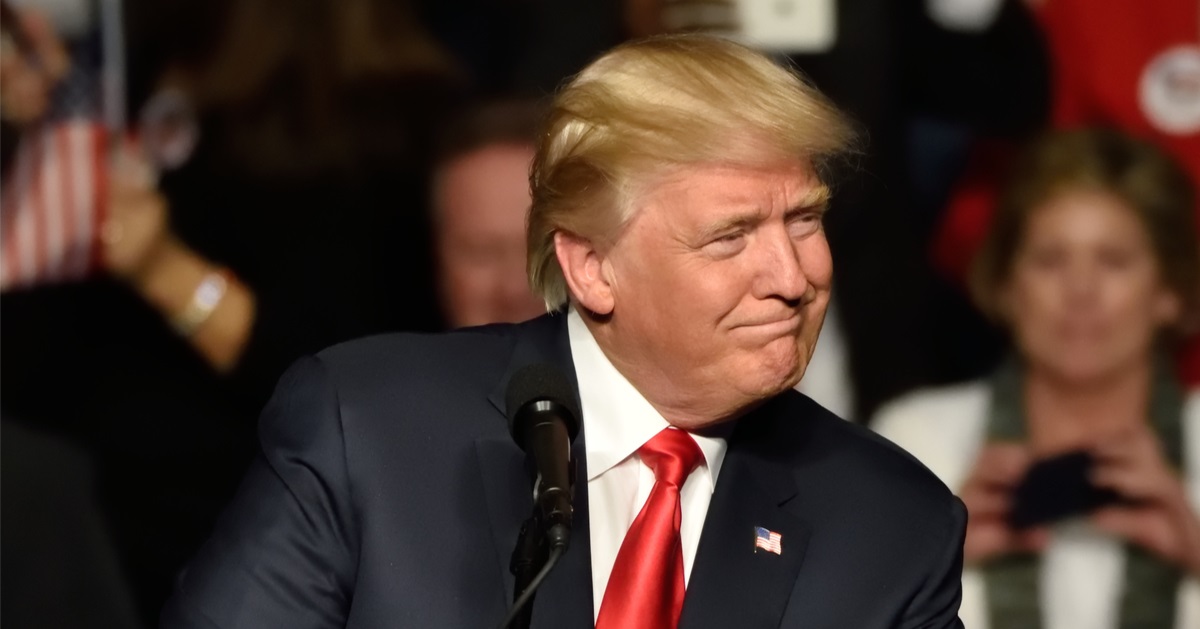Republican lawmakers have mixed reactions to government's 10% stake in Intel
President Donald Trump shocked the nation when he announced last week that the U.S. government had acquired a 10% stake in Intel, an American manufacturer of vital computer chips and semiconductors.
Many congressional Republicans have been outspokenly critical of the Intel deal, but noticeably absent from the outcry has been the two leaders of the GOP in the House and Senate, according to Fox Business.
Neither House Speaker Mike Johnson (R-LA) nor Senate Majority Leader John Thune (R-SD) have spoken publicly on the arrangement, which stems from the bipartisan CHIPS and Science Act of 2022 that both of them voted against, despite repeated requests for comment from the media.
Trump announces 10% Intel stake
In an Aug. 22 Truth Social post, President Trump announced, "It is my Great Honor to report that the United States of America now fully owns and controls 10% of INTEL, a Great American Company that has an even more incredible future."
"The United States paid nothing for these Shares, and the Shares are now valued at approximately $11 Billion Dollars," he added. "This is a great Deal for America and, also, a great Deal for INTEL. Building leading edge Semiconductors and Chips, which is what INTEL does, is fundamental to the future of our Nation."
Fox Business reported that many Republicans in Congress spoke out against the deal, asserting that the government had no business acquiring stakes in private companies, and that doing so for Intel or any other company, regardless of the reasons for the acquisition, was akin to "a step toward socialism."
In response to some of that criticism, Trump posted on Monday, "I PAID ZERO FOR INTEL, IT IS WORTH APPROXIMATELY 11 BILLION DOLLARS. All goes to the USA. Why are 'stupid' people unhappy with that? I will make deals like that for our Country all day long."
"I will also help those companies that make such lucrative deals with the United States States," he added, signaling the possibility of other future acquisitions. "I love seeing their stock price go up, making the USA RICHER, AND RICHER. More jobs for America!!! Who would not want to make deals like that?"
Funds initially committed under Biden-Harris administration
In November 2024, the Biden-Harris Commerce Department announced that, using taxpayer funds appropriated under the CHIPS Act, it had awarded nearly $7.9 billion in direct funding to Intel to help support the company's plans to further invest in U.S.-based manufacturing of computer chips and semiconductors.
According to a press release from Intel last week in conjunction with President Trump's announcement of the acquired 10% stake in the company, Intel revealed that it had already received $2.2 billion of the CHIPS Act funds and was slated to receive the remaining $5.7 billion at a later date, which, when combined with a separate $3.2 billion award from the Defense Department, would bring the U.S. taxpayers' total investment into the company up to $11.1 billion.
CBS News reported that the deal was widely panned by many Republican lawmakers and conservative-leaning economists, several of whom decried it as borderline socialism and a bad precedent for the future.
The White House and various administration officials have defended the move, however, in that the taxpayer funds had already been committed by the prior Biden-Harris administration, that taxpayers deserved some "equity" for the investment, and that bolstering Intel was necessary to ensure a stable and steady supply of domestically-manufactured computer chips and semiconductors.
Is government's stake legal?
There is some question about the legality of the acquisition, though, as The Hill reported that Sen. Todd Young (R-IN), who drafted and supported the CHIPS Act, said, "For those of us who voted for the legislation, I don’t know of anyone who thought this was allowed under the law," and noted, "There are clear concerns about precedent here and also concerns about what is allowed under the law. The intent was not for this to happen under the law."
That said, the senator expressed an openness to hearing the administration's full explanation of its rationale behind the move, and didn't disagree with the notion of supporting U.S.-based chip and semiconductor manufacturing, as he added, "I am glad that the administration is focused on Intel’s success because we do need manufacturing capacity for our war fighters and for our broader economic security, and I share that objective."




